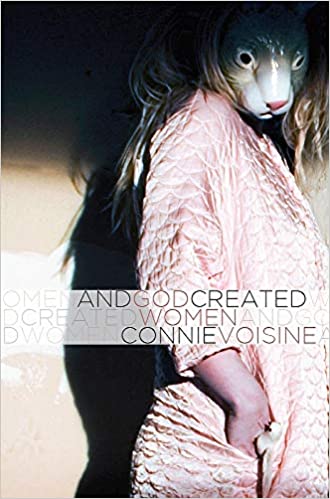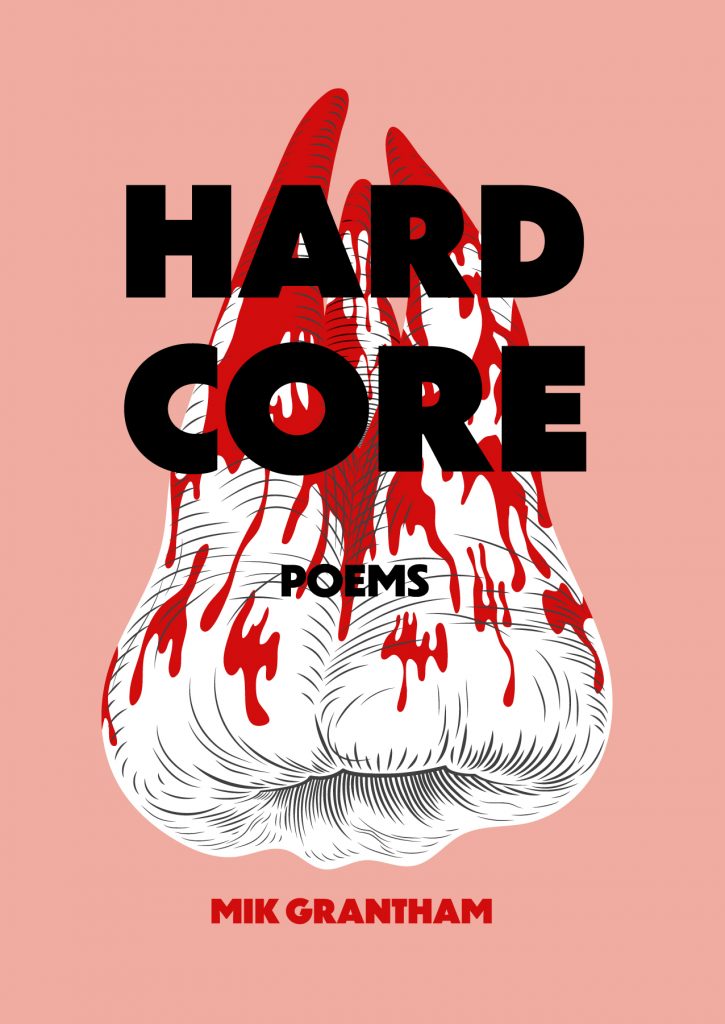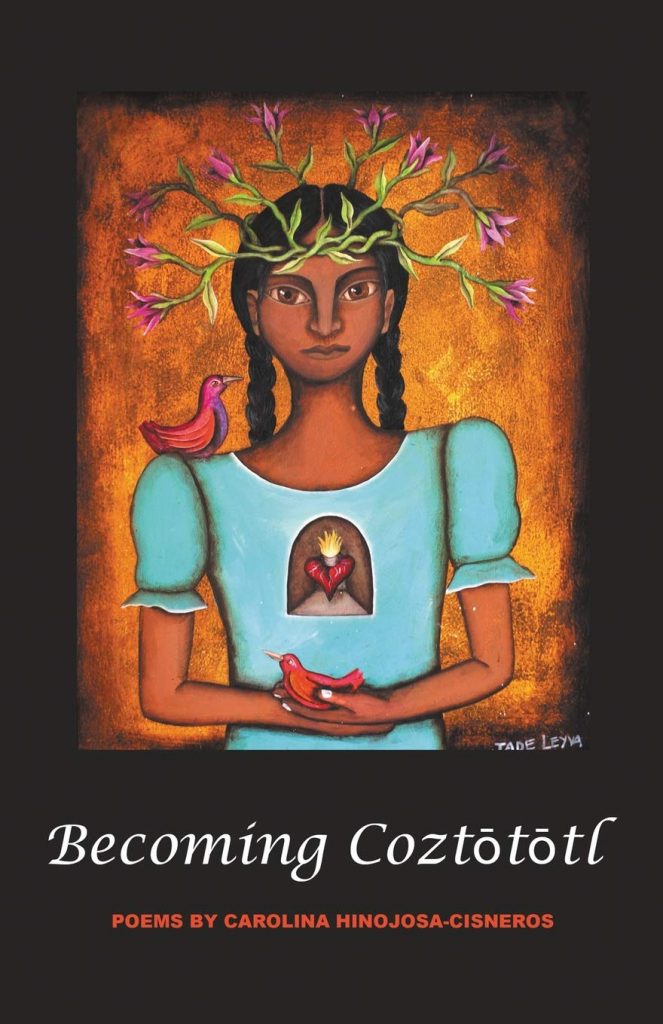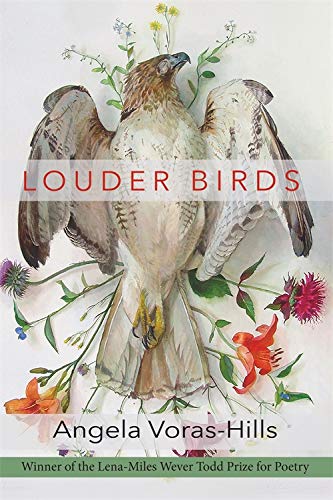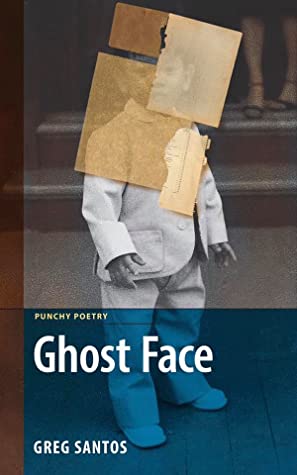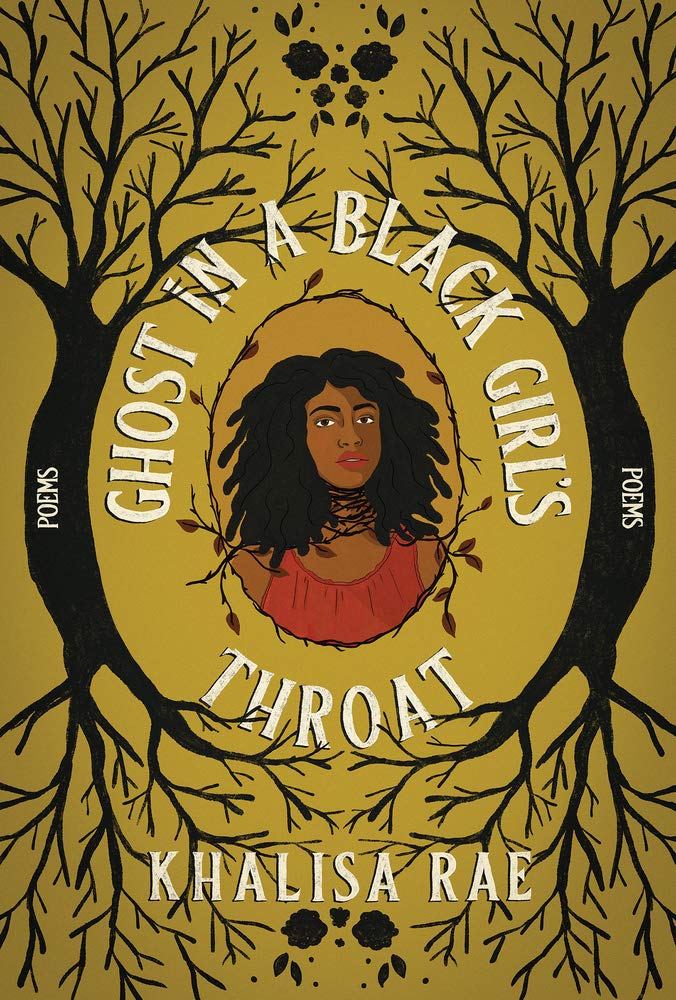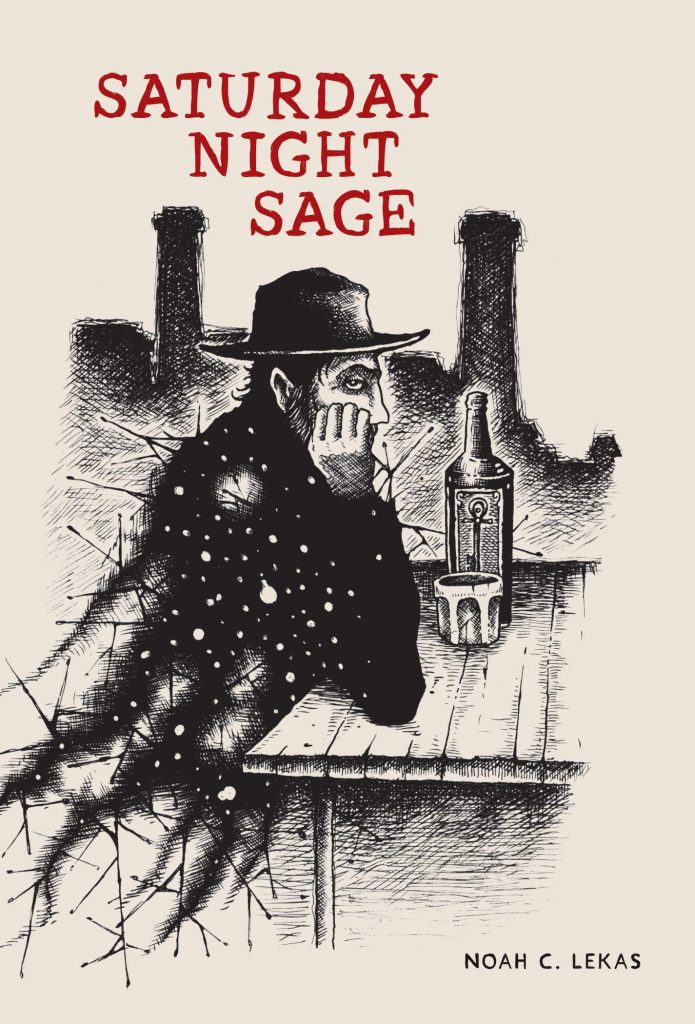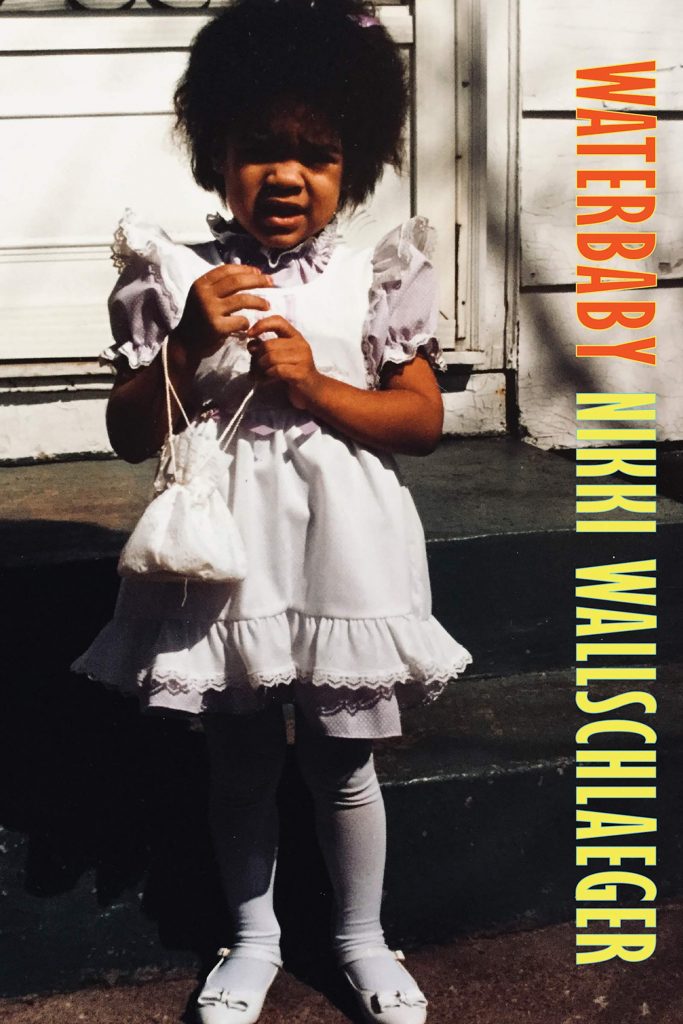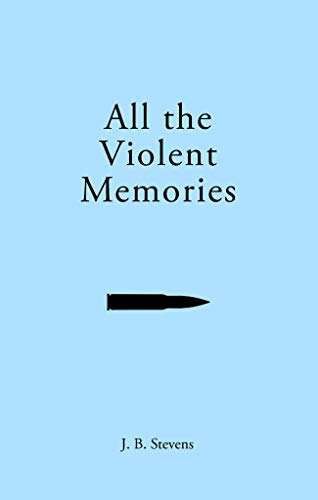
REVIEW BY GABINO IGLESIAS
—
“I hope I don’t catch one,
But I know I’m due.
I know I’m due.”
J.B. Stevens is talking about a bullet in those lines. He is talking about the certainty of death, the fear of knowing that the more time you spend in front of heavily armed enemies, the bigger the changes of you catching a bullet are. A bullet is something you can touch, a tool you can use. Fear is different. Fear is something that touches you and not the other way around. It’s something you might try to use as a tool to stay alive, but it’s also something that can destroy you, haunt your dreams, make you insecure. In All the Violent Memories there is a lot of fear and bullets. However, there is hope and happy endings. This is a short poetry collection about war that digs deeps into the trauma of it and shows that violence has a way of hurting even those who survive.
There are times in which poetry is used to deliver veiled messages or to explore something using language in a way that makes it impossible to see the meaning of the work unless the reader spends time deconstructing the poem. That’s not the case here. Stevens writes about war as if he’s stabbing the page. In All the Violent Memories, writing is a way to cope, an exorcism, a way to perform self-surgery and put things on the page so that, maybe, they haunt Stevens a little less.
“Iraq took my soul,
Sleep required medication,
Death beckons peaceful.
Why can’t I relax,
The assholes all fucking missed,
I endure. They missed.
Motivation gone,
My novel consumes the world,
The memories call.
War is at the core of this collection. Several other elements are present, and they all come together to give this a noir feel. Guns, drugs, violence, and even a coffee burn to the crotch bring in a dose of gritty reality, but war and its effects are the heart of All the Violent Memories. The threat of death, suicide, broken relationships, loss, fear, bomb dogs, interpreters, and bombs; they make up most of the poems here, and they make for authentic, uncomfortable reading that everyone should experience.
All the Violent Memories is raw and emotionally gritty. Stevens writes like he’s telling a story, and his clarity and straightforward approach help these short poems deliver a harder punch. This isn’t a happy book, but it’s an important one because it reminds us that some things aren’t over just because they came to an end.
—
Gabino Iglesias is a writer, editor, literary critic, and professor living in Austin, TX. He is the author of ZERO SAINTS and COYOTE SONGS. You can find him on Twitter at @Gabino_Iglesias.
![[PANK]](https://pankmagazine.com/wp-content/themes/pank/assets/images/pank-logo-large.png)

